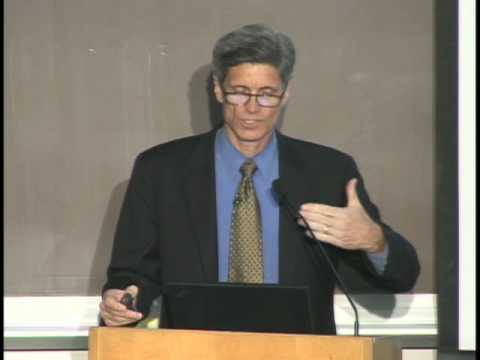If you don’t look at learning as a lifelong adventure you are missing out on so much. Learning starts from the minute we are born and ends the minute we die. There are times when it goes as if on steroids, and other times when it seems to slow down to a crawl, but with each passing minute we are actively engaged in learning and discovering something, even as we sleep.
Learning is fundamental! What we learn is processed through our short-term memory and then either dumped out or sent on to long-term memory. The processing mostly takes place as we sleep, which means we really do learn around the clock.
How we learn has been the mystery neuroscientists have been trying to unravel or decades. There are numerous myths that still seem to exist as to how our brain processes learning. Here are just a few:
- You can’t teach an old dog new tricks. Wrong!!! Our brains are constantly changing due to plasticity, and no matter how old you get you can continue to learn and build new brain cells.
- We are born with all the brain cells we will ever have, and they die out as we age. This is untrue. We are born with millions of brain cells, but it takes time for them to develop connections. There are periods of time when our brains go through a “pruning” and older and weaker connections are eliminated, but new connections are being made all the time and through learning new brains cells are produced.
- We use only 10% of our brain. In fact, we use all of our brain at different times. One portion may be activated for one task, and one task may activate more than one area at a time. We use all of our brain, but just not all at the same time.
- Left-handed people use the right side of their brain, and right-handed people use the left side of their brain. Once again, we use all portions of our brain. The side we are dominant on is the stronger side, but all the brain is used for different functions, and each side of the brain can be strengthened to balance it out.
Learning occurs in a variety of ways, and it is all processed through our senses. We see images and movies; we hear lessons; we smell scents that differentiate one plant from another; we touch different textures of material; and we taste cuisine from different countries. All of these sensory experiences teach us something, and that lesson is processed through our memory.
A few fun adventures in learning can aid you, and even help you teach your children. Learning and paying attention can improve your memory in all areas, and expand the number of brain cells. Try a couple examples of how to maximize your learning experience and improve memory:
- Tell stories. Make up stories that can help you memorize important facts, and can also aid in your creativity. Enlist the help of others to put the story together, then go back and try to remember everything you have come up with. Storytelling leaves a lasting impression on our memory.
- Test yourself: When trying to master difficult material you need to keep testing yourself until you are comfortable with your knowledge. Try taking a blank sheet of paper and writing down everything you can recall about the subject. Then go back and review the material. Next, try another blank sheet of paper.
- Learn another language: Children are more able to learn a new language than an adult. Adult brains often miss important cues while children are still developing language skills so can assimilate new language along with their native language. The easiest way to overcome this obstacle is to get acquainted with native speakers of the language you are trying to learn.
- Create opportunities: If you are trying to motivate a child to learn, don’t push and create opportunities that give them a choice. Don’t resort to rewards, as that undermines their learning and they are working toward the prize, and not toward the learning and memory retention.
- Keep the oxygen flowing: Exercise maintains cardiovascular health, and the better your blood flow to the brain the more oxygen you are giving yourself. This holds true for children as well. Take up dancing or a physical hobby.
Our bodies crave learning – it is our birthright. Our bodies are wired for it, and we don’t want to disappoint ourselves. Make life an adventure; seek out new things to explore. Learning is indeed an adventure.
About the author:
Ron White is a two-time U.S.A. Memory Champion and memory training expert. As a memory keynote speaker he travels the world to speak before large groups or small company seminars, demonstrating his memory skills and teaching others how to improve their memory, and how important a good memory is in all phases of your life. His CDs and memory products are also available online at BrainAthlete.com.
Sources:
The Great Courses — How We Learn: http://www.thegreatcourses.com/tgc/courses/course_detail.aspx?cid=1691


